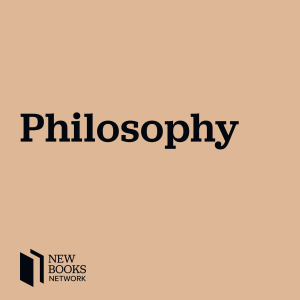
Samuel Schindler, "Theoretical Virtues in Science: Discovering Reality Through Theory" (Cambridge UP, 2018)
 2018-12-14
2018-12-14
Download
Right click and do "save link as"
A fundamental problem in science, and in philosophy of science, is that of theory choice. Scientists propose theories to explain data, but when two scientific theories can both explain the same data, what criteria do scientists use to choose between them? And given that even very popular scientific theories can turn out to be wrong, how are the criteria for theory choice related to truth? Do scientists even aim at true theories, as realists hold, or, as anti-realists hold, do they just care that the theories can explain what's observed? In Theoretical Virtues in Science: Uncovering Reality Through Theory (Cambridge University Press, 2018), Samuel Schindler lays out an extended case for realism based on a close critical look at the main virtues that scientific theories are thought to aim for besides empirical adequacy, such as simplicity, explanatory scope, and fruitfulness. On Schindler's view, the extra-empirical virtues are also epistemic: for example, a simpler theory is also more likely to be true, and so scientists are epistemically justified in choosing a simpler theory over an empirically adequate but more complicated rival. Schindler, who is associate professor at the Centre for Science Studies at Aarhus University in Denmark provides an excellent discussion of the theoretical virtues themselves, their roles in actual theory choices, and their roles in realist-anti-realist debates about the nature of scientific theories.
Learn more about your ad choices. Visit megaphone.fm/adchoices
view more
Learn more about your ad choices. Visit megaphone.fm/adchoices
More Episodes
012345678910111213141516171819
Create your
podcast in
minutes
- Full-featured podcast site
- Unlimited storage and bandwidth
- Comprehensive podcast stats
- Distribute to Apple Podcasts, Spotify, and more
- Make money with your podcast
It is Free
- Privacy Policy
- Cookie Policy
- Terms of Use
- Consent Preferences
- Copyright © 2015-2024 Podbean.com





